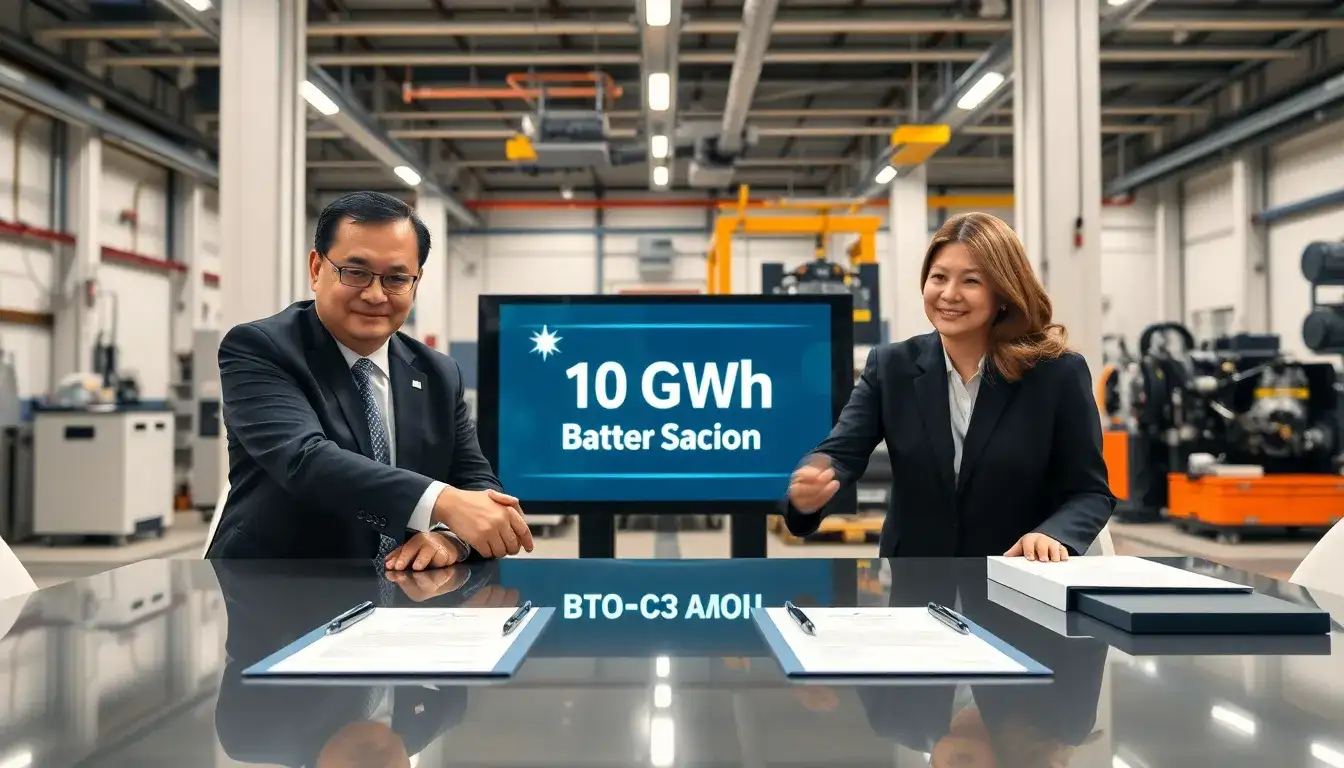
The Ministry of Heavy Industries (MHI) of India has taken a significant step forward in the country’s advanced battery manufacturing sector by signing a Programme Agreement with Reliance New Energy Battery Limited (a subsidiary of Reliance Industries Limited). This agreement is part of the Production Linked Incentive (PLI) Scheme for Advanced Chemistry Cells (ACC).
As per the Ministry of Heavy Industries, Reliance New Energy Battery Limited has been awarded a 10 GWh ACC capacity following a competitive global tender process. This makes the company eligible for incentives under India’s Rs 18,100 crore PLI ACC scheme.
This signing marks a crucial milestone in the implementation of the technology-agnostic PLI Scheme under the “National Programme on Advanced Chemistry Cell (ACC) Battery Storage,” which was approved by the Cabinet in May 2021. The overarching goal of this initiative is to reach a total manufacturing capacity of 50 GWh.
With this latest signing, a cumulative capacity of 40 GWh has now been allocated to four selected beneficiary firms out of the targeted 50 GWh. In the initial bidding round conducted in March 2022, three beneficiary firms were awarded a total capacity of 30 GWh, with Programme Agreements for that round signed in July 2022.
During the signing ceremony, senior officials from the Ministry of Heavy Industries highlighted that the PLI-ACC Scheme aims to enhance local value addition while ensuring that the cost of battery manufacturing in India remains globally competitive. The scheme provides beneficiary firms with the flexibility to adopt the most suitable technology and associated inputs for establishing state-of-the-art ACC manufacturing facilities, primarily supporting the electric vehicle (EV) and renewable energy storage sectors.
Alongside the PLI-ACC scheme, the Union Budget for FY2025-26 introduced several transformative measures designed to accelerate domestic battery manufacturing and promote the growth of the e-mobility ecosystem in India. Notably, the Budget exempted 35 additional capital goods for EV battery manufacturing from Basic Customs Duty (BCD). This targeted initiative aims to bolster the production of lithium-ion batteries within the country.
Furthermore, the emphasis on strengthening domestic manufacturing and promoting value addition underscores the vision of creating a robust and self-reliant advanced battery ecosystem. The Ministry of Heavy Industries is committed to fostering an environment conducive to innovation, developing a strong domestic supply chain, and attracting significant Foreign Direct Investment—essential components for advancing India’s strategic vision for sustainable development and self-reliance.
This initiative by the Government of India has acted as a catalyst for Indian cell manufacturers to establish cell manufacturing facilities. In addition to the PLI beneficiaries, over ten companies have already begun setting up more than 100 GWh of additional capacity.
Original article by NenPower, If reposted, please credit the source: https://nenpower.com/blog/heavy-industries-ministry-signs-agreement-with-rnbl-for-10-gwh-acc-battery-production-under-pli-scheme/


